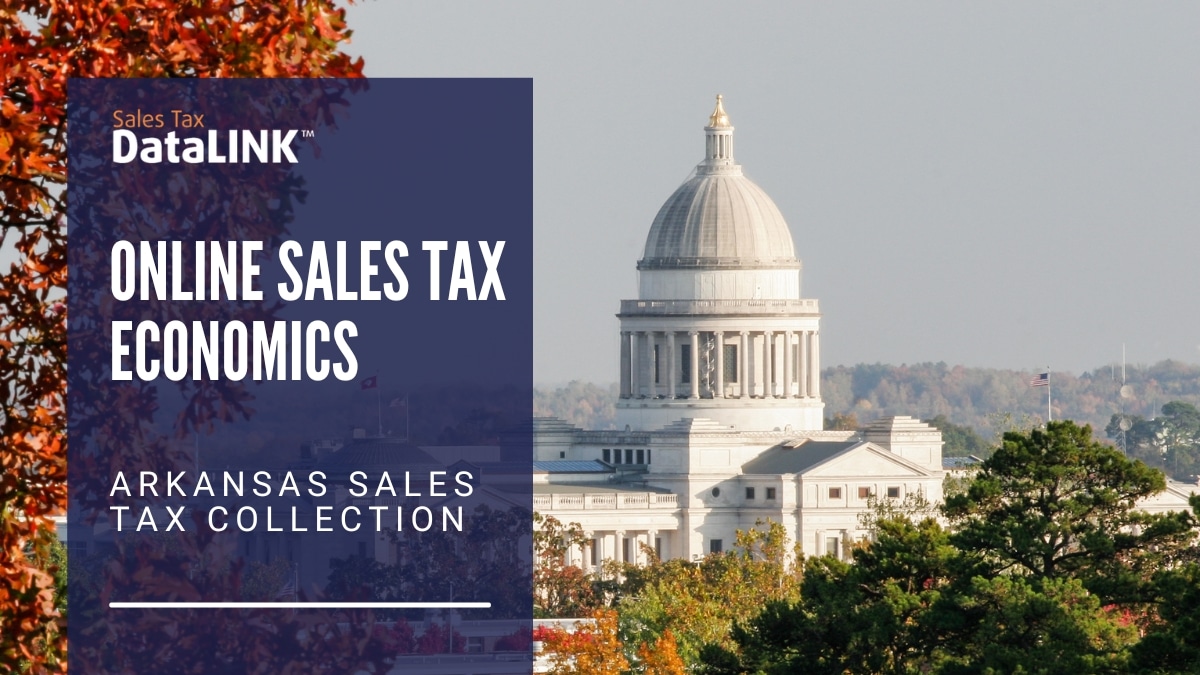One thing you can be sure of when you’re talking about sales tax: it’s complicated. A recent example is the prospect of online sales tax in Arkansas. Arkansas has already taken some steps towards online sales tax collection. Years ago, the state determined that having affiliates (people who helped sell online products for e-commerce companies like Amazon) in Arkansas establishes nexus for the e-commerce companies.
Companies that didn’t otherwise have nexus were supposed to begin collecting and remitting sales tax in Arkansas. Actually, most — including Amazon — just took their marbles and went home, cutting their Arkansas affiliates loose. Instead of increasing sales tax collections, they simply decreased the amount of money earned in Arkansas.
Congressman Steve Womack, one of the sponsors of the Marketplace Fairness Act, plans to continue pursuing a national online sales tax. But he’s getting pushback from sellers in his home state who say it’ll cost jobs.
Those who favor online sales tax have some good reasons:
- It’s an additional source of income for the state. In fact, states often see this as recouping lost income, since consumers technically owe this money to the state as use tax… but usually don’t pay. For Arkansas in particular, a University of Tennessee study in 2009 calculated that the state might be losing $100 million a year in funds that they would receive if remote sellers collected and remitted sales tax.
- Brick-and-mortar retailers feel that it’s unfair. E-commerce sellers already may have the opportunity to undercut Main Street prices because their overhead is lower, e-commerce sales are increasing far ahead of physical retail, and consumers who don’t pay that use tax essentially get a discount when they buy online. It seems like an unfair advantage.
- Arkansas’s governor thinks that picking up that additional sales tax could make it possible to reduce income tax for businesses, perhaps luring more businesses into the state.
Unfortunately, the state’s growing e-commerce industry doesn’t see it that way. Rod Ford, chairman of one Arkansas-based e-commerce company, was quoted in a KATV news report as saying that a national online sales tax would make his industry a less attractive business proposition. His company, Bourbon & Boots, already collects sales tax in Arkansas, where they have a physical presence that creates nexus. But that’s just 2% of their sales.
Ford, whose company created 35 jobs in the past year, told KATV that the complexity of keeping up with the rates and rules in every state would be a burden on his business. “If I had to make remittances every single month, plus absorb the shipping cost,” he said, “then this business model is no longer as attractive as it was when I bought it.”
As manufacturers and retailers alike add e-commerce as an additional income stream, online sales tax may have increasing effects on business and investment.
Fortunately, SalesTaxDataLINK can help. Not only do we offer a patented process and an unusual level of accuracy, but you can actually outsource all your sales tax compliance chores to our highly qualified team. Contact us today — let us bring you peace of mind.




